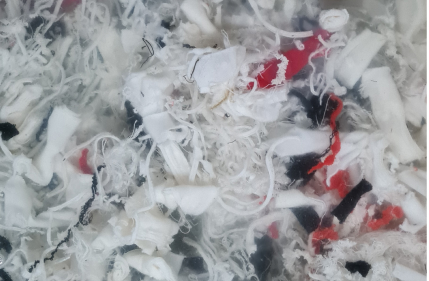Goals
Heritage
The Museum has a very important heritage collection made up primarily of tools, machinery, wooden sleeves and stamps and different types of paper (from the 14th to the 20th century). However, the conservation of our papermaking heritage doesn't only involve the Museum, its building and the collection; we believe that preserving our industrial archaeological heritage also falls within our institution's area of interest. One such concern is the future survival of Catalonia's paper mills throughout its different papermaking regions, searching for new applications to prevent such unique buildings from being lost forever.
As a first step in the documentation and conservation of this industrial heritage, the Capellades Paper Mill Museum, together with the National Museum of Science and Technology, is carrying out an inventory of the mills in Catalonia.
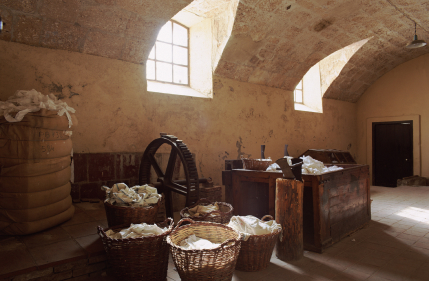
Industry
One of the main aims of the Museum is to maintain and further its links with today's paper industry. Such relations are promoted by the Museum's trustees forming part of the Association of Historical Paper Studies (Associació d'Estudis Històrico-Paperers), an organisation that represents companies in the sector. Several firms also sponsor the Museum through direct collaboration agreements.
The Museum also organises specialist conferences on topics of great interest to this industrial sector such as: Recycled paper, permanent paper, ecological paper (1993), and Total Quality and ISO standards (1995).
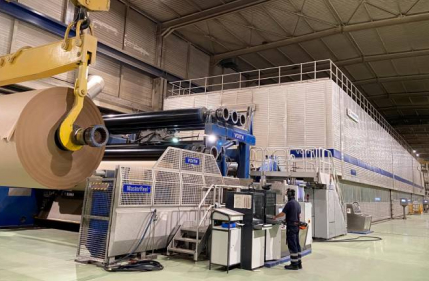
Awareness
The Museum plays a key role in raising awareness of this heritage. It receives over 25,000 visitors a year, of which a large percentage are schoolchildren. Tours are given by specialist guides and workshops are held on making paper by hand, recycled paper and writing.
The Museum also produces educational and audiovisual materials and publishes an annual newsletter with a summary of its activities and projects.
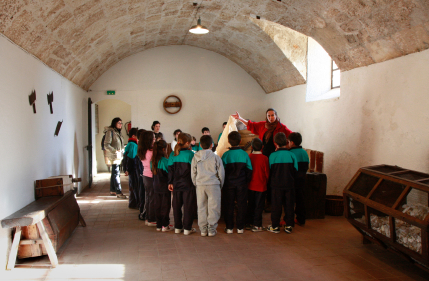
Courses and workshops
In addition to this important work of raising awareness and artisanal production, we also hold seminars on paper conservation and restoration, aimed at paper restoration professionals, librarians and archivists.
The Museum has also carried out the important work of promoting paper as a medium within the field of plastic arts through its Paper Workshop that has been held annually since 1984. These courses are taught by experts and artists and are highly respected, both within Spain and internationally.
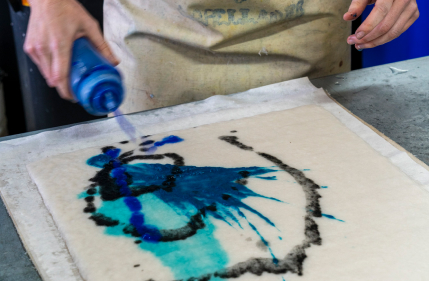
Documentation
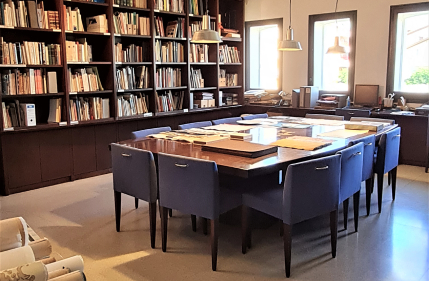
Crafts and skills
An activity that lies at the heart of our organisation is the artisanal production of handmade paper. This fulfils various functions; first, making paper every day ensures that a manufacturing tradition with deep roots in Catalonia is preserved and passed on to future generations. Secondly, the fact that the Museum's paper is sold in shops, other museums, to companies, publishers, individuals, etc. adds significantly to its revenue.
Another aspect to consider is that, in order to maintain and expand our market, we need to renew the traditional ways of producing handmade paper whilst also adapting in terms of design and other demands of today's markets. Finally, selling the Museum's products can also be seen as another way to raise awareness, ensuring a presence outside the scope of the Mill itself and endorsing the great value of our heritage.
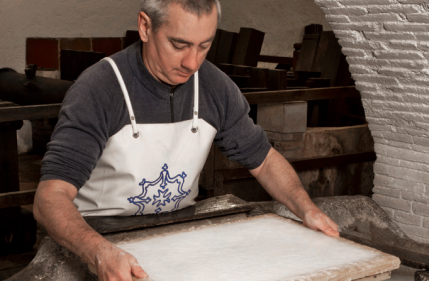
Natural environment
The Museum maintains close ties with the Catalan government's Environment department. In fact, the recycled paper produced by the Museum has been awarded the Environmental Quality seal granted by this department.
Several collaborative programmes have also been planned, such as the development of educational material on recycled paper and the insertion of new permanent exhibition rooms on topics related to the paper industry and environment, recycled paper, forestry management, etc.
